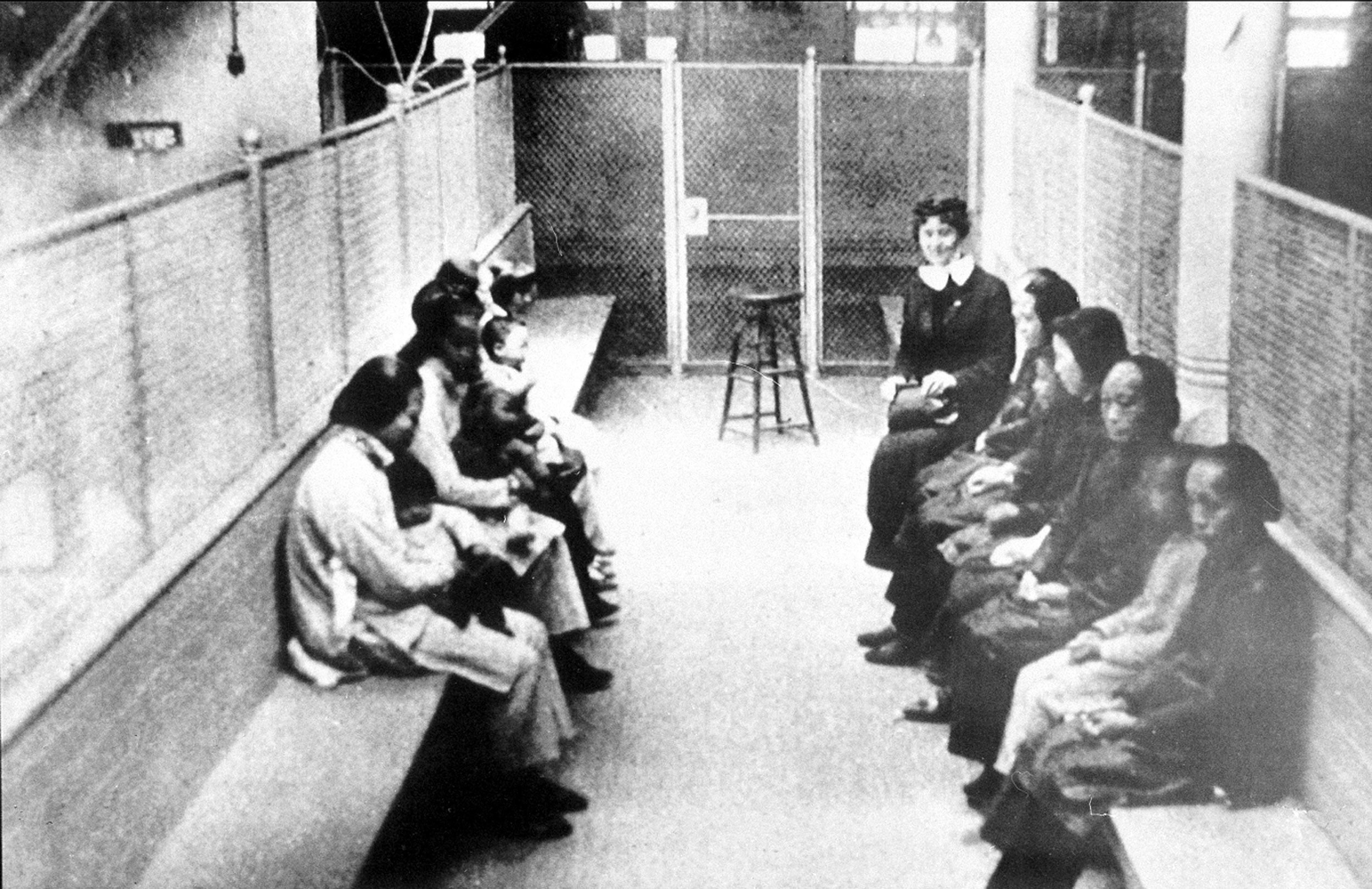The History Behind the "Asian Fetish"
When Chinese immigrants first came to the US during the California Gold Rush, they faced severe racism due to being viewed as economic threats.
The Page Act of 1875 prohibited Asian women from entering the US, on the assumption that most were prostitutes and a danger to white males.
Source: CNN
The law led to the country’s hypersexualization of Asian women in media, as seen in productions like “Miss Saigon” and even more recently in “90 Day Fiance.”
In 2021, Robert Aaron Long killed eight people, six of them being Asian women, on a shooting rampage in Atlanta massage parlors.
He told the police he had a “sex addiction” and that the spas were a “temptation he wanted to eliminate,” speaking to just how harmful these stereotypes can become.
Source: CNN
Research by the National Asian Pacific American Women’s Forum revealed that 74 percent of Asian American and Pacific Islander women reported having personally experienced racism or discrimination in 2022. 38 percent also reported having experienced sexual harassment.
Question: Have you personally experienced the effects of Asian fetish?
Stop the Hate Program Funding
The California Government Code § 8260 authorizes the California Department of Social Services (CDSS), in consultation with the Commission on Asian and Pacific Islander American Affairs (CAPIAA), to administer the Stop the Hate (STH) Program that awards funding to qualified nonprofit organizations to provide support and services to victims and survivors of hate incidents and hate crimes and their families and facilitate hate incident or hate crime prevention measures.
Funded Support and Services may include:
Direct services for victims and survivors of hate incidents and hate crimes and their families, including mental and complementary health services; wellness and community healing; legal services; navigation, case management, and referrals;
Prevention services, including arts and cultural work, youth development, senior safety and escort programs, safety planning, training; and cross-racial alliance work; and
Intervention services, including outreach, training, restorative justice, coordination with local government and institutional partners, and coordinated regional rapid response.
Resources
CA vs. Hate: CA vs. Hate is a way to report hate incidents or hate crimes online or over the phone and receive support and resources without necessarily involving law enforcement. People who report a hate incident or hate crime through this service will be connected with a professional trained in culturally competent communication and trauma-informed practices.
California State Library’s Ethnic Media Outreach Grant: The Ethnic Media Outreach Grant aims to build public awareness of the Stop the Hate Program. Grants are awarded to ethnic media outlets and collaboratives serving communities that are historically vulnerable to hate incidents and hate crimes.
California Department of Justice’s Hate Crime Resources Page: This page provides information on the differences between hate crimes and hate incidents, tips on how to spot a hate crime, and help for what to do if you are the target of a hate crime.
Stop AAPI Hate’s Community Resources Page: This page provides resources for mental health, safety tips, and guides to help you know your rights if you are facing discrimination.
California Attorney General’s 2022 Hate Crime Report: This report presents statistics on hate crimes reported by California law enforcement agencies that occurred during 2022 with prior years included for context. These statistics include the reported number of hate crime events, hate crime offenses, victims of hate crimes, and suspects of hate crimes.
AAPI Equity Alliance’s Resources for the Monterey Park Shootings



